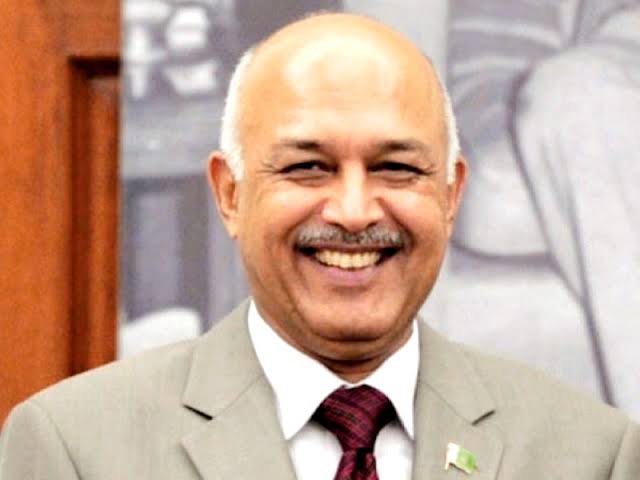Lt. GEN. ASIF YASIN MALIK (RETD)
At the advent of the twenty-first century, many predictions were made about events and happenings of this millennium across a broad spectrum of scope and dimensions. These were based mostly on experiences of contemporary history, at best spanning over the last two centuries. Where those astrologers failed was the velocity of change and the absence of a logical transition. The world has changed in a magnitude and in dimensions that were unimaginable in those times. What has happened is that time difference between fiction and reality is reducing by the day.
Geo-politics is no exception in this context and has witnessed equally scintillating and unimaginable happenings in this century. Whereas there have been numerous micro-level changes, there is no dearth of transformation at the macro level also. Who could imagine that Russia, one of the states of the erstwhile Soviet Union would invade and capture Crimea,’ a territory of Ukraine, member of North Atlantic Treaty Read More…




























